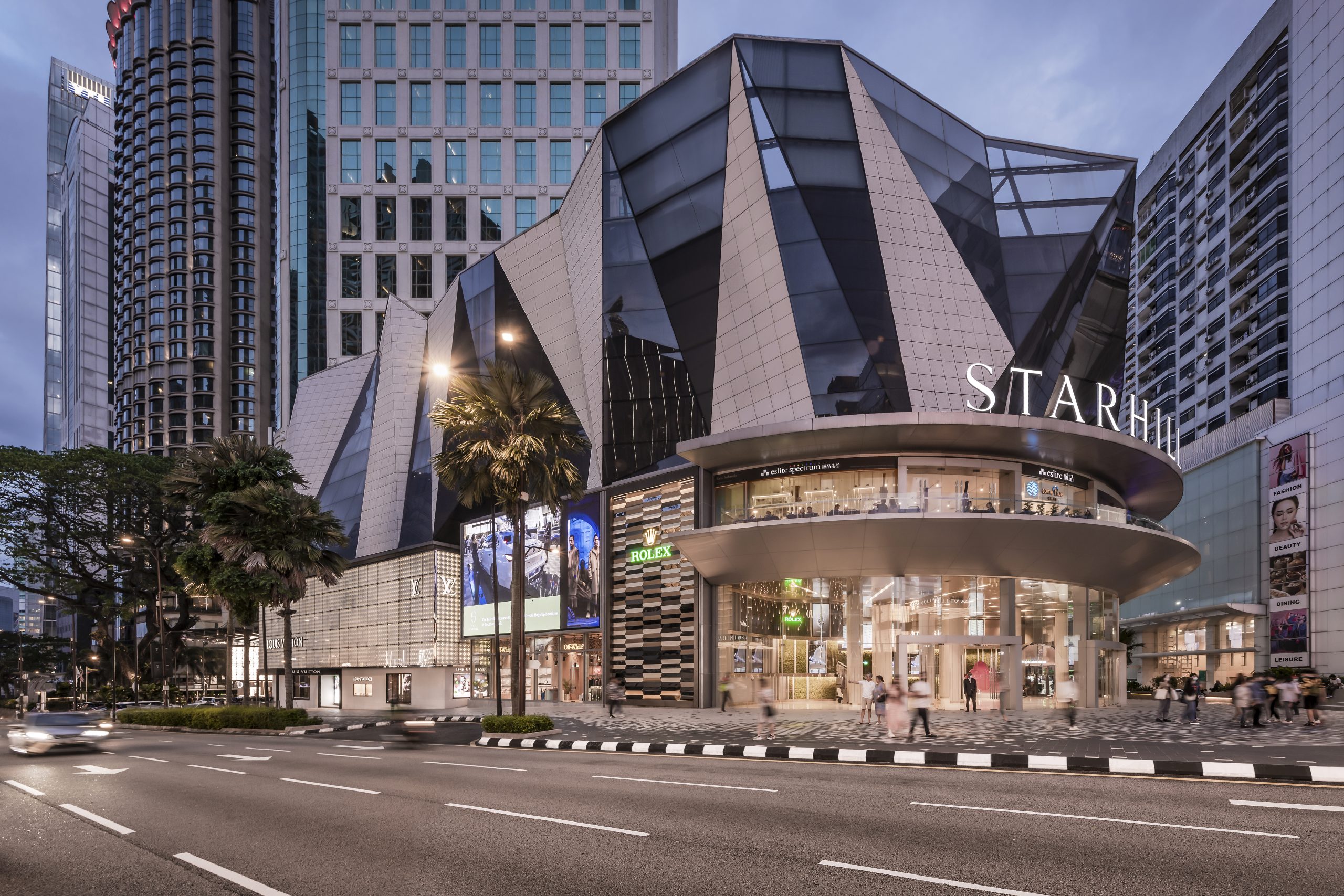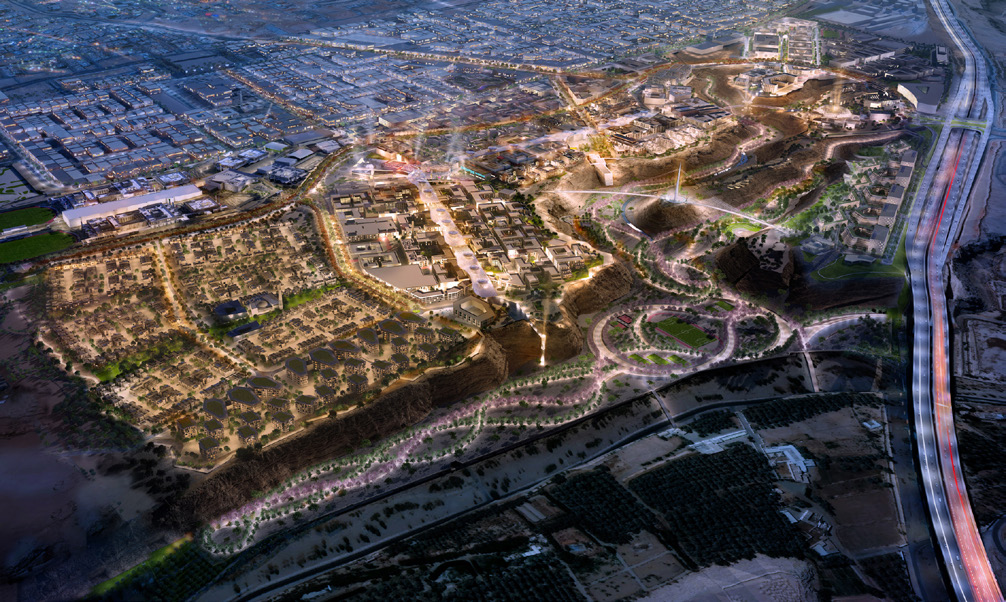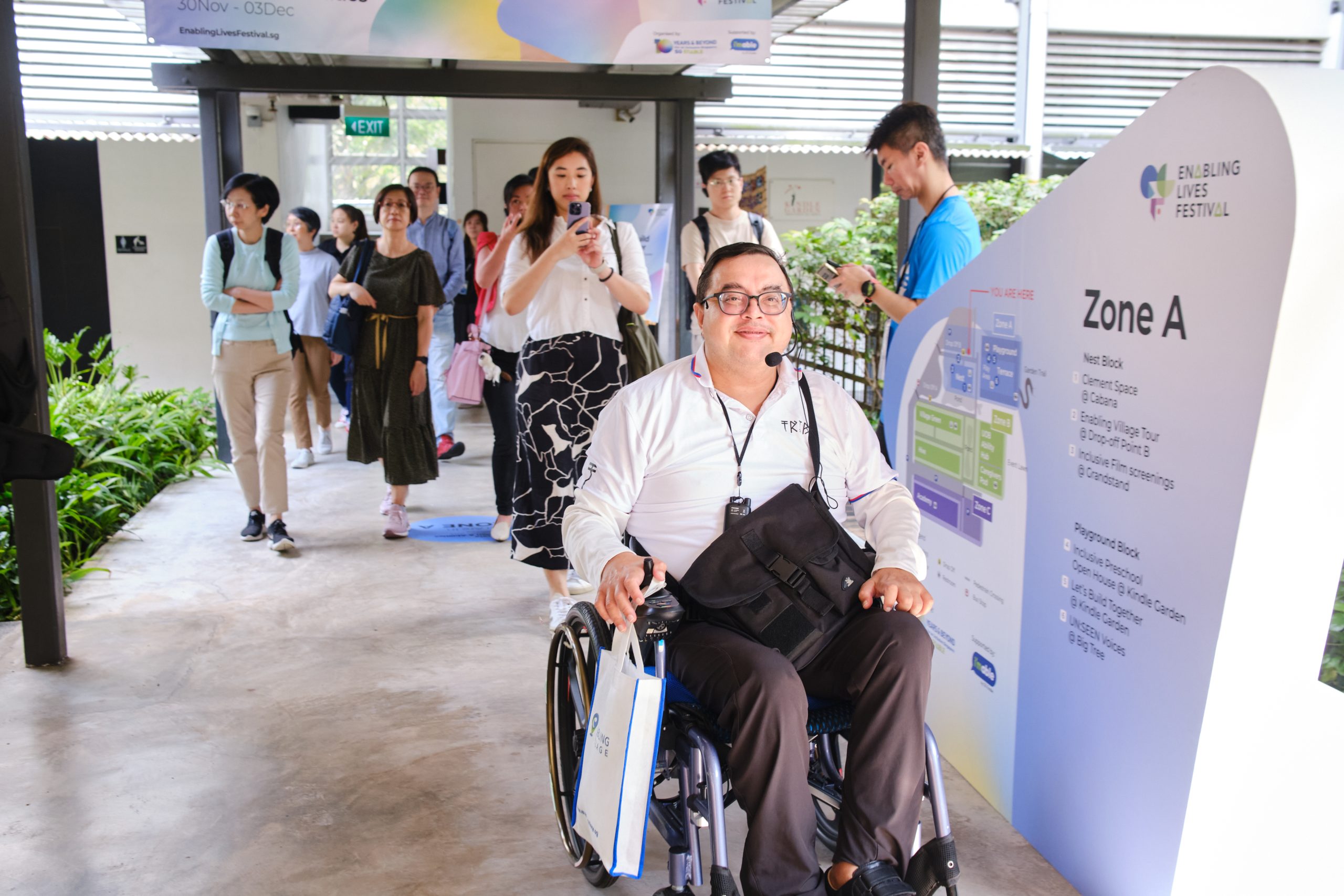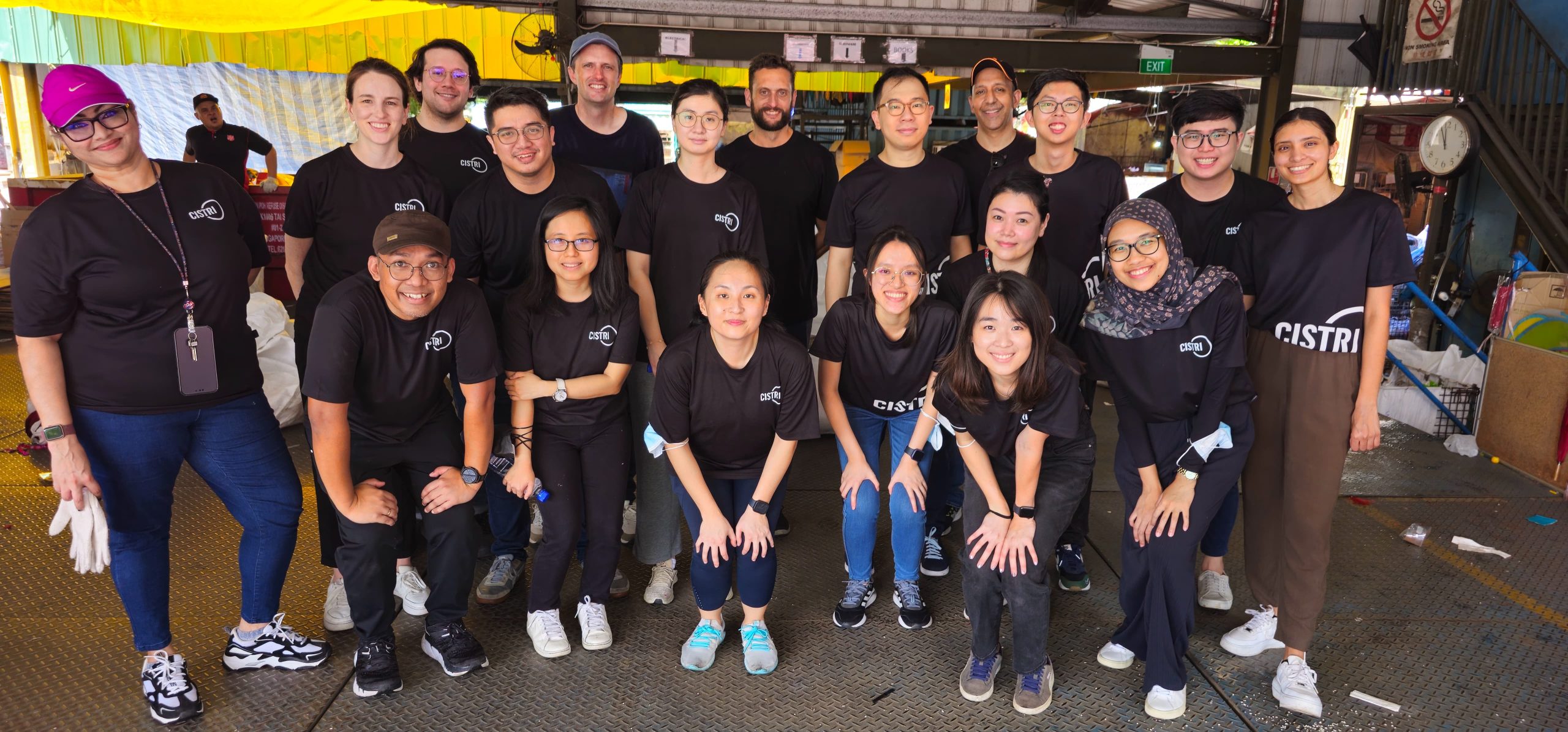Giving a higher priority to public transport and pedestrian oriented development will go a long way towards achieving this. At the same time, the localisation of development helps to shorten travel times while also building community identity and pride through activation of local neighbourhoods.
Our focus
- Ease of mobility – Considering the convenience, comfort and environmental impact of how people get from A to B. Improve connections to public transport, plan for electric vehicles, develop better cycling routes, and create pedestrian friendly streets.
- Community cohesion – Enabling more people to utilise the public realm and engage in activation and street life.
Cistri in action
Jakarta TOD-POD
We led a multi-disciplinary consortium to advise the Jakarta Provincial Government on implementing a pilot Transit Oriented Development-Pedestrian Oriented Design (TOD-POD) project at the precinct and neighbourhood scale. The goal was to develop a template for future initiatives to enhance mobility, vibrancy and street activity, while promoting inclusivity in infrastructure.
North South Corridor, Singapore
As part of a wider team led by Henning Larsen, we were shortlisted to submit a concept master plan proposal for the NSC to be transformed into a landmark corridor, integrating regional-scale active mobility (walk, cycle, and ride). The proposal also aims to enhance and activate communities through quality public spaces, greenery, and placemaking.
